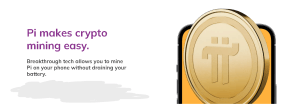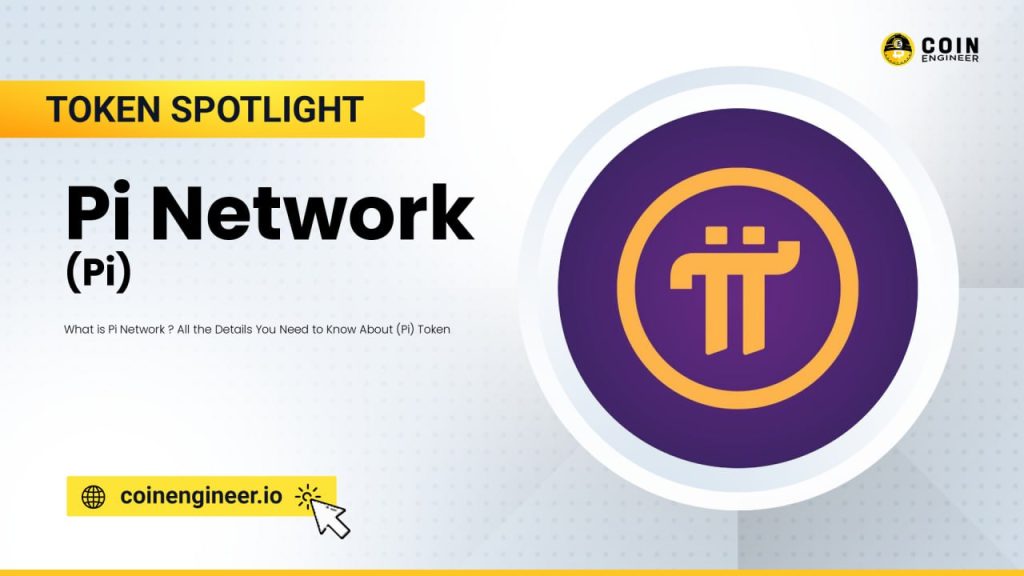Read V2 of the Pi Roadmap, which includes essential information on the future of Pi products. More updates to the Roadmap will be released in 2024. https://t.co/guIq1O73jB pic.twitter.com/2hRKH5L3xC
— Pi Network (@PiCoreTeam) December 30, 2023
How Does Pi Network Work?
It uses a consensus algorithm called Stellar Consensus Protocol (SCP). SCP allows users who contribute to the network to be rewarded.

Stellar claims that Consensus Protocol (SCP) is faster, more secure and more scalable than other consensus algorithms such as Proof-of-Work (PoW) and Proof-of-Stake (PoS).

You can access the Pi Network website here.
Community Formation
The Pi Network community consists of four roles:
- Pioneers: Users conducting mining activities are referred to as “Pioneers.” However, Pi Network does not currently have a functional blockchain. Users attempt to prove they are not robots by clicking on a specific button in the application every 24 hours. However, unlike traditional cryptocurrency mining, actual mining activities have not taken place on the Pi Network yet. Pi Network developers are working to launch their own blockchain, but the exact date for the open mainnet launch is still unknown.
- Contributors: Users who engage in mining for three consecutive days ascend to the Contributor status. Contributors represent a Security Circle, which consists of three to five Pioneers coming together. The Security Circle is a group of users on the Pi network who trust each other. Users can join multiple Security Circles, and Contributors earn more mining rewards compared to Pioneers.
- Ambassadors: Users become Ambassadors when they invite new users through their referral codes. Ambassadors receive a 25% mining bonus for each user they invite. The more people invited, the higher the Ambassador’s earning rate. However, a user can only join the earning team of one Ambassador and cannot be added to multiple Security Circles.
- Nodes: Pioneers can become validators (Nodes) on the network by running the Pi software on a desktop or personal computer. Validators are rewarded with additional benefits in the mining process. Currently, there are more than 10,000 testnet nodes, and developers state that when the Pi Network mainnet is launched, nodes will ensure the security of the Pi blockchain.
Pi Network Future

Pi Network Founder
It was first introduced by Dr. Nicolas Kokkalis in December 2018 and officially launched on March 14, 2019 (Pi Day). He is a Stanford doctoral student and the instructor of Stanford’s first decentralized applications class, CS359B, in 2018.



